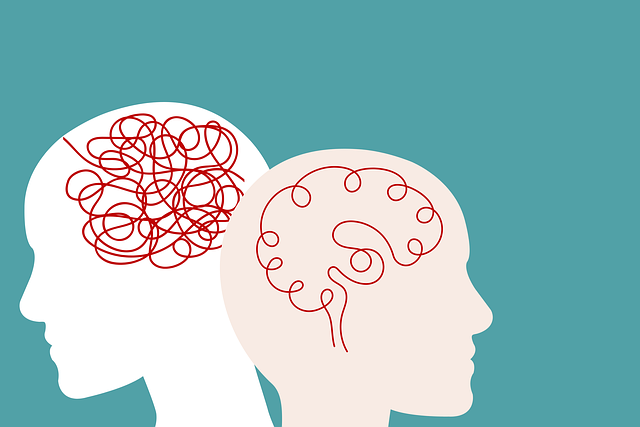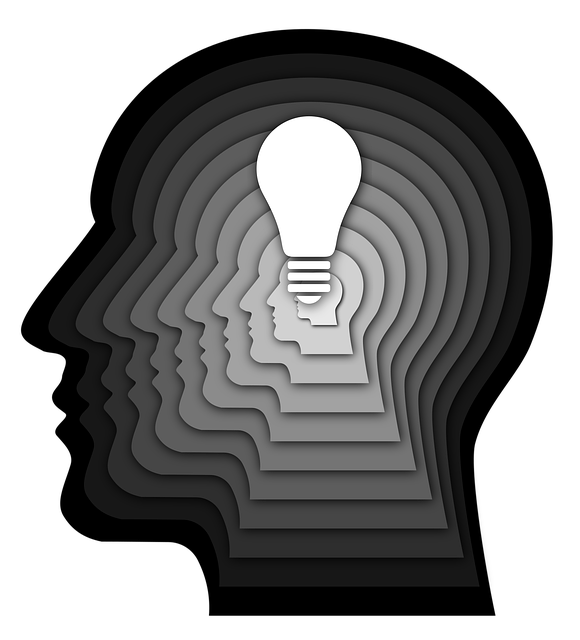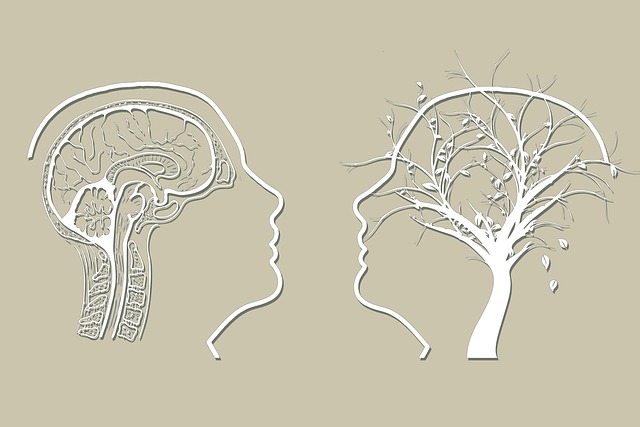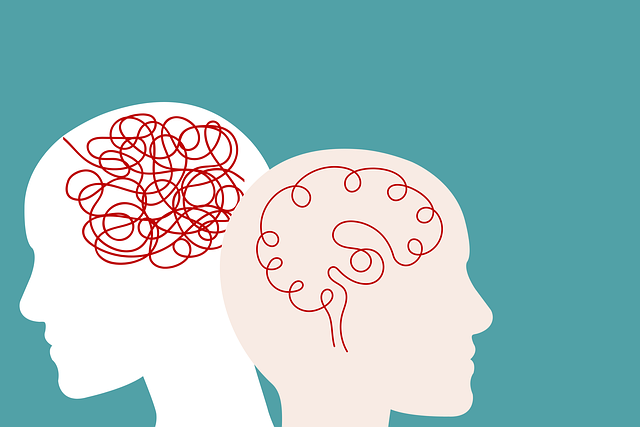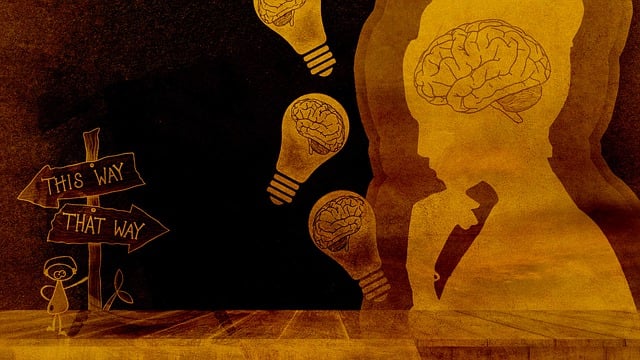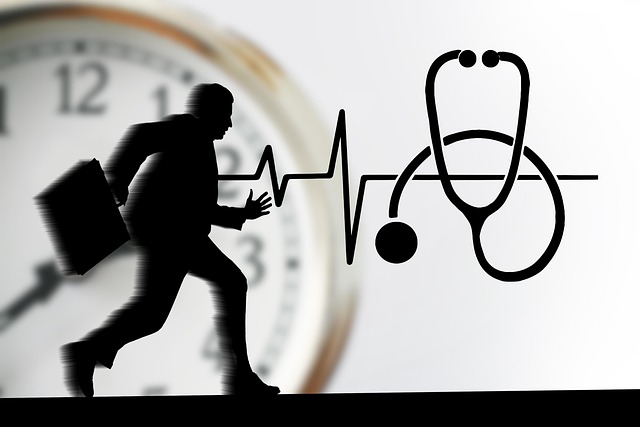Stress management is crucial for individuals dealing with neuro disorders such as anxiety and depression. The 'Mind Over Matter Principles' include identifying triggers, adopting healthy coping strategies, engaging in relaxing activities, and utilizing Cognitive Behavioral Therapy (CBT) to target negative thought patterns. Mindfulness meditation, physical activity, and social support are also powerful tools for stress reduction, especially when combined with therapy for neuro disorders. These holistic approaches enhance emotional intelligence, improve cognitive functions, reduce symptoms of anxiety and depression, and ultimately boost overall mental health.
Stress management techniques are essential tools for navigating life’s challenges, especially for those with neuro disorders. This comprehensive guide explores effective strategies to combat stress and its profound impact on mental health. We delve into evidence-based therapies like Cognitive Behavioral Therapy (CBT), uncovering its role in reshaping thought patterns. Additionally, we present mindfulness practices, physical activities, and social support as powerful allies in the fight against stress. By integrating these techniques, individuals can foster resilience and improve their overall well-being. Discover how these simple yet effective tools can revolutionize your approach to managing stress and potentially alleviate symptoms of neuro disorders.
- Understanding Stress and Its Impact on Neuro Disorders
- The Role of Cognitive Behavioral Therapy (CBT) in Stress Management
- Mindfulness and Meditation Techniques for Daily Practice
- Physical Activity and Exercise as Stress Relievers
- Social Support and Relaxation Strategies for Comprehensive Stress Management
Understanding Stress and Its Impact on Neuro Disorders

Stress is an inevitable part of life, but its impact can be significantly mitigated through understanding and effective management. When left unaddressed, chronic stress can exacerbate existing neuro disorders, affecting cognitive functions, emotional regulation, and overall mental well-being. For instance, individuals dealing with conditions like anxiety or depression may experience heightened stress levels, which can lead to a vicious cycle of worsening symptoms.
The concept of ‘Mind Over Matter Principles’ plays a crucial role in managing stress related to neuro disorders. By employing techniques that foster self-awareness and emotional control, individuals can take proactive steps towards Depression Prevention and Self-Esteem Improvement. This involves identifying stressful triggers, adopting healthy coping mechanisms, and engaging in activities that promote relaxation and mental clarity. Through such therapeutic approaches, one can navigate the challenges of stress more effectively, ultimately enhancing their ability to manage neuro disorders and lead a more fulfilling life.
The Role of Cognitive Behavioral Therapy (CBT) in Stress Management

Cognitive Behavioral Therapy (CBT) plays a pivotal role in modern stress management practices, offering effective techniques to address and reduce chronic stress. This therapeutic approach focuses on identifying and changing negative thought patterns and behaviors that contribute to heightened stress levels. By teaching individuals to recognize and challenge distorted thinking, CBT empowers them to develop healthier coping strategies, enhancing their ability to manage stress effectively.
In the context of neuro disorders, CBT has proven invaluable in treating conditions such as anxiety and depression, often comorbid with these disorders. The therapy aids in improving emotional intelligence by helping clients understand the connection between thoughts, feelings, and behaviors. This awareness fosters mental well-being and helps break down the barriers created by the mental illness stigma reduction efforts. Moreover, CBT has been recognized for its potential in depression prevention, acting as a proactive measure to equip individuals with tools to navigate stressful situations before they escalate into more severe mental health issues.
Mindfulness and Meditation Techniques for Daily Practice

Mindfulness and meditation have emerged as powerful tools for managing stress and enhancing mental well-being. These ancient practices, often used in therapy for neuro disorders, involve training the mind to focus on the present moment, cultivating awareness of thoughts and sensations without judgment. Regular practice has been shown to reduce symptoms of anxiety, depression, and even promote physical health benefits like lowered blood pressure.
Incorporating mindfulness into daily routines is accessible to everyone. Simple meditation techniques can be as short as a few minutes each day. Apps and online resources provide guided meditations tailored for specific needs, from burnout prevention strategies for healthcare providers to community outreach program implementation aimed at fostering inner strength development. By dedicating even a small amount of time each day, individuals can reap the stress-reducing benefits of mindfulness, leading to improved resilience and overall quality of life.
Physical Activity and Exercise as Stress Relievers

Physical Activity and Exercise serve as powerful tools in managing stress and promoting mental well-being. Engaging in regular movement releases endorphins, often referred to as ‘feel-good’ hormones, which naturally reduce stress hormones like cortisol. This physiological response not only alleviates immediate stress but also contributes to long-term resilience by strengthening the body’s ability to cope with challenging situations. Moreover, physical activity provides a healthy outlet for expressing and releasing built-up tension, whether through rhythmic movements in dance or the vigor of an outdoor hike.
Incorporating Self-Awareness Exercises into one’s routine can enhance the stress-relieving benefits of physical activity. Mindful practices during exercise, such as focusing on breath and bodily sensations, foster a deeper connection between the mind and body. This heightened awareness promotes better understanding and management of stress triggers, which is particularly beneficial for individuals navigating Neuro Disorders. Additionally, regular exercise has been shown to improve communication strategies within the brain, enhancing cognitive functions and overall mental health. Effective Mental Health Education Programs Design can integrate these insights to create comprehensive wellness initiatives that leverage physical activity as a therapeutic component alongside other evidence-based practices.
Social Support and Relaxation Strategies for Comprehensive Stress Management

Social support acts as a crucial pillar in comprehensive stress management, providing individuals with a safety net and emotional resilience. Strong social connections offer a sense of belonging and understanding, which is essential for navigating life’s challenges. Whether through friends, family, or community groups, sharing experiences and concerns can alleviate stress and foster positive emotional regulation. This support network becomes even more vital when addressing neuro disorders, as it can help individuals cope with the unique stressors associated with these conditions, promoting overall well-being.
Relaxation strategies, such as Mindfulness Meditation, are another powerful tool in managing stress effectively. Practicing mindfulness encourages individuals to focus on the present moment, cultivating a sense of calm and reducing anxious thoughts. By incorporating this ancient technique into daily routines, one can enhance emotional regulation and cultivate positive thinking. In today’s fast-paced world, where hustle and bustle often contribute to heightened stress levels, these relaxation strategies offer a peaceful respite, enabling individuals to reclaim their mental and emotional equilibrium.
Stress management techniques play a pivotal role in mitigating the effects of neuro disorders. By understanding the impact of stress and employing evidence-based methods such as CBT, mindfulness, physical activity, and social support, individuals can achieve a comprehensive approach to well-being. These strategies not only help in managing symptoms but also enhance overall quality of life, offering a holistic therapy for neuro disorders that resonates in today’s fast-paced world.



